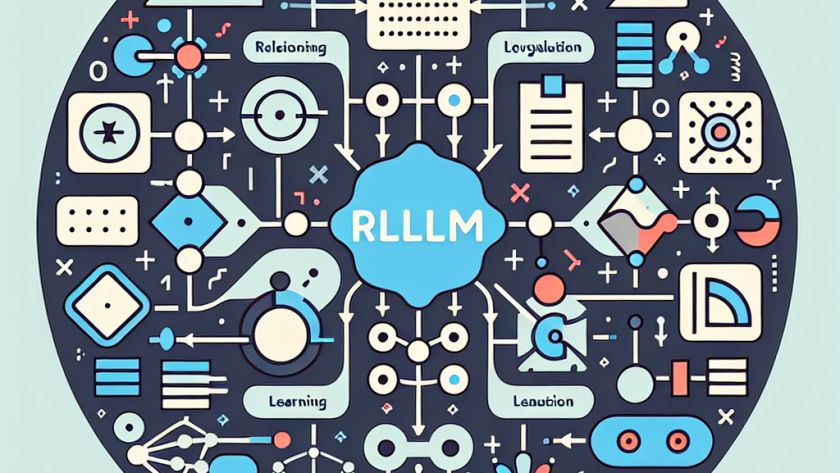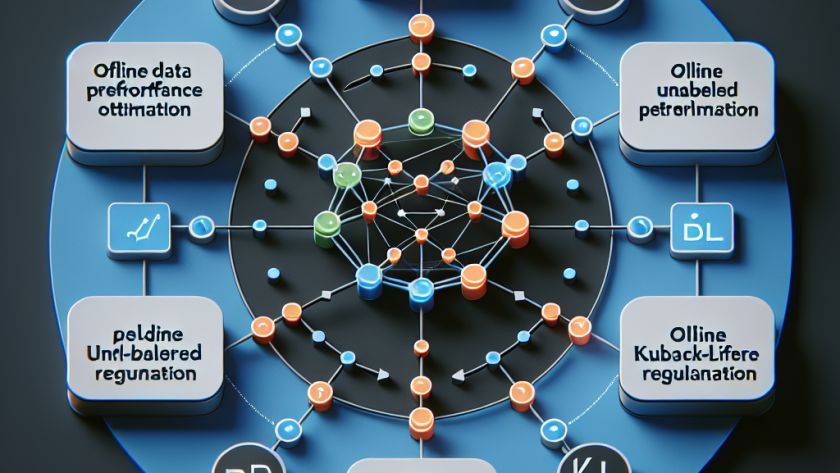Researchers from Baidu Inc., China, have unveiled a self-reasoning framework that greatly improves the reliability and traceability of Retrieval-Augmented Language Models (RALMs). RALMs augment language models with external knowledge, decreasing factual inaccuracies. However, they face reliability and traceability issues, as noisy retrieval may lead to incorrect responses, and a lack of citations makes verifying these…












